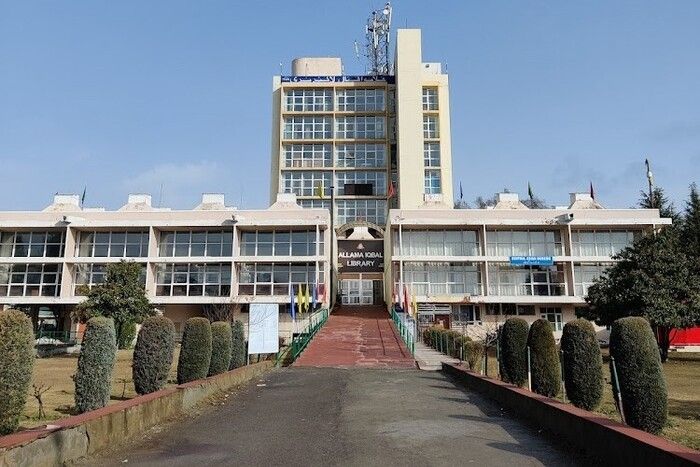Barriers to Women’s Education at Universities in Kashmir and Strategies to Overcome Them

Universities in Kashmir | Image Resource : collegebatch.com
The fundamental right that assist individuals and communities is education. Yet, women education in our country faces several cultural hurdles, restricting their access. It is crucial to overcome these challenges to obtain equality and enable India to tap the potential of young women.
Getting Familiar with Cultural Norms and Its Impact on Girl’s Education
Cultural norms shape the women’s roles, and has a profound impact on their access to education. Most of the communities prefer girls to aim towards doing household tasks or early marriage rather than pursuing higher education at some of the leading Universities in Kashmir. While raising gender discrimination this will create issues in female education. Therefore, girls are left unprepared for opportunities that might improve their f life.
Girls coming from most of the communities face several challenges to education. It is also being influenced by the cultural beliefs. Such types of problems often affect their learning, growth, and potential. Some of the major barriers that influence women’s access to education are as follows
• Families coming from remote areas often view limited value in women’s education.
• Girls do not have the freedom to travel and this affects their school access.
• Stigma revolving around co-educational schools prevents girls from attending.
What is the Role of Gender Stereotypes in Limiting Educational Opportunities?
Stereotypes like “education are non-essential for girls”. Women are meant to do various household tasks, affecting a girl’s educational rights. They limit learning opportunities, minimize skill development, and lower self-esteem. It strengthen the belief that girls are incapable of education.
The Intersection of Poverty and Cultural Beliefs
Poverty increases cultural barriers to education. It leads to budget constraints for low-income families. It limits the school access for women due to conventional roles.
Role of Women in Fostering or Limiting Education for Women
Families have a major impact on women’s education. Progressive families back academic objectives for daughters. Conversely, conservative ones restrict girls from accessing schools or Universities in Kashmir during puberty. For equal opportunities, increasing parental awareness is important.
Conclusion
Ongoing efforts and teamwork are important to address the cultural barriers to women’s education in India. Overcoming obstacles deals with breaking stereotypes containing communities and promoting a supportive educational atmosphere. It is crucial to make sure that each girl has an opportunity to learn since education is the foundation for a bright future.